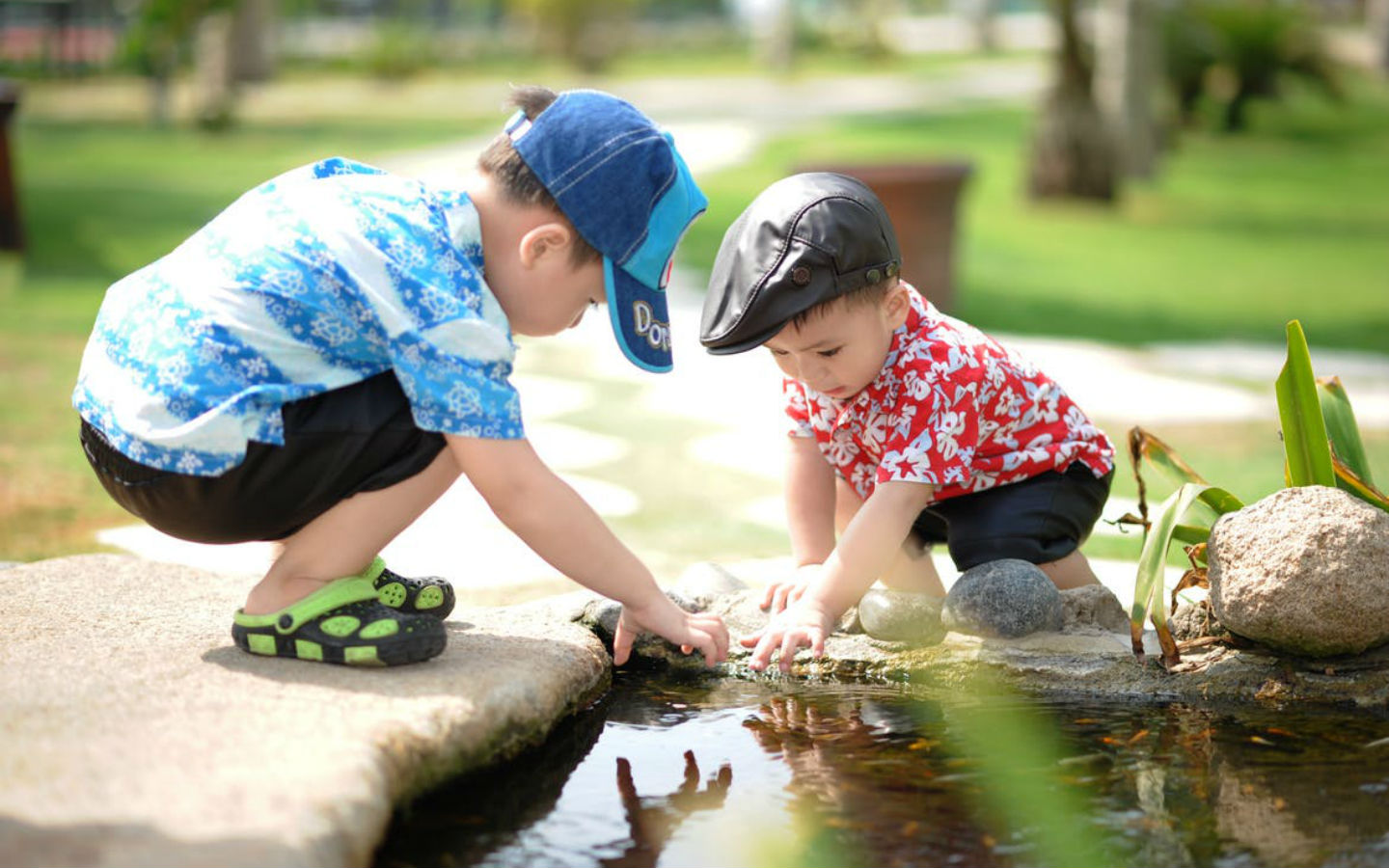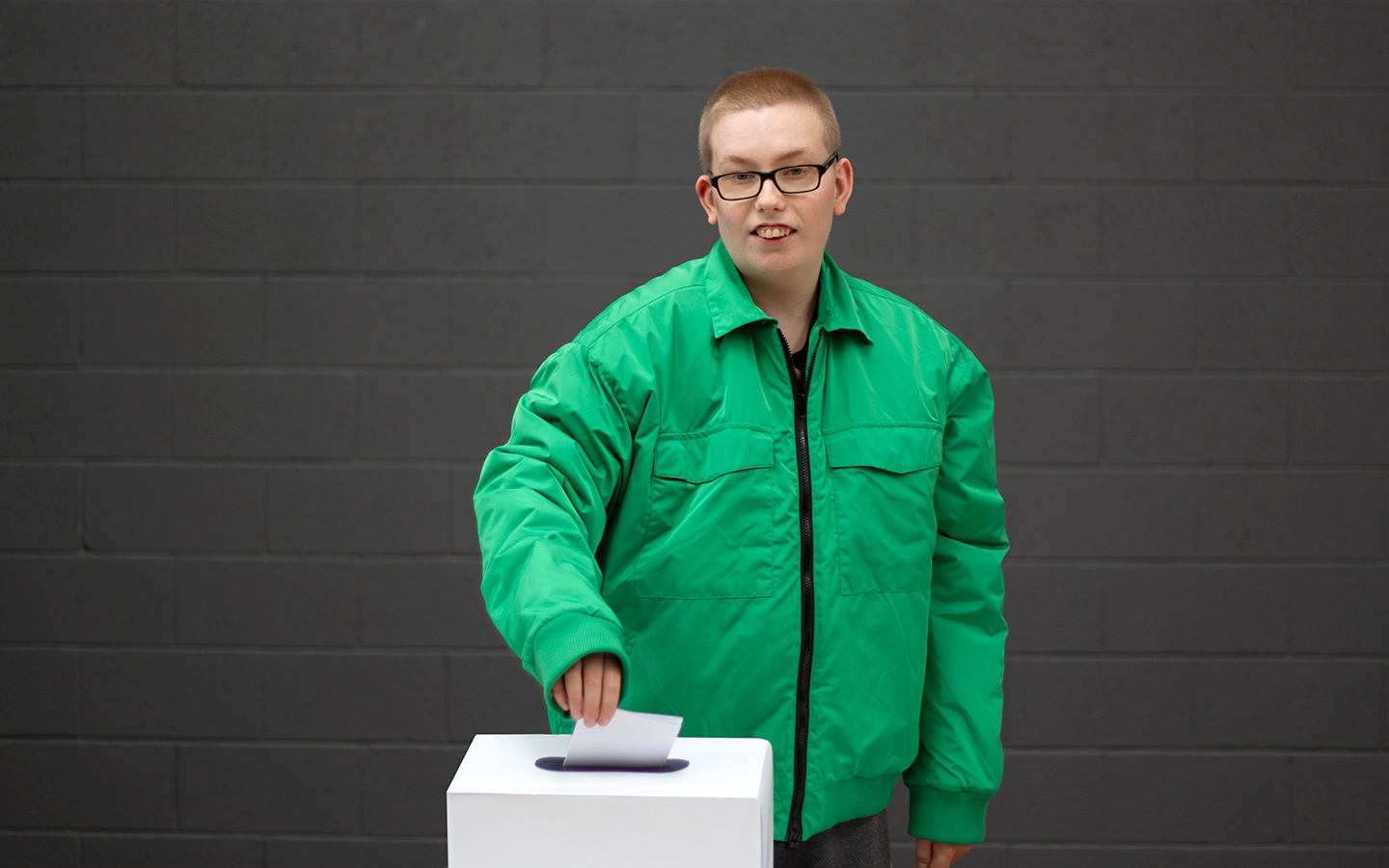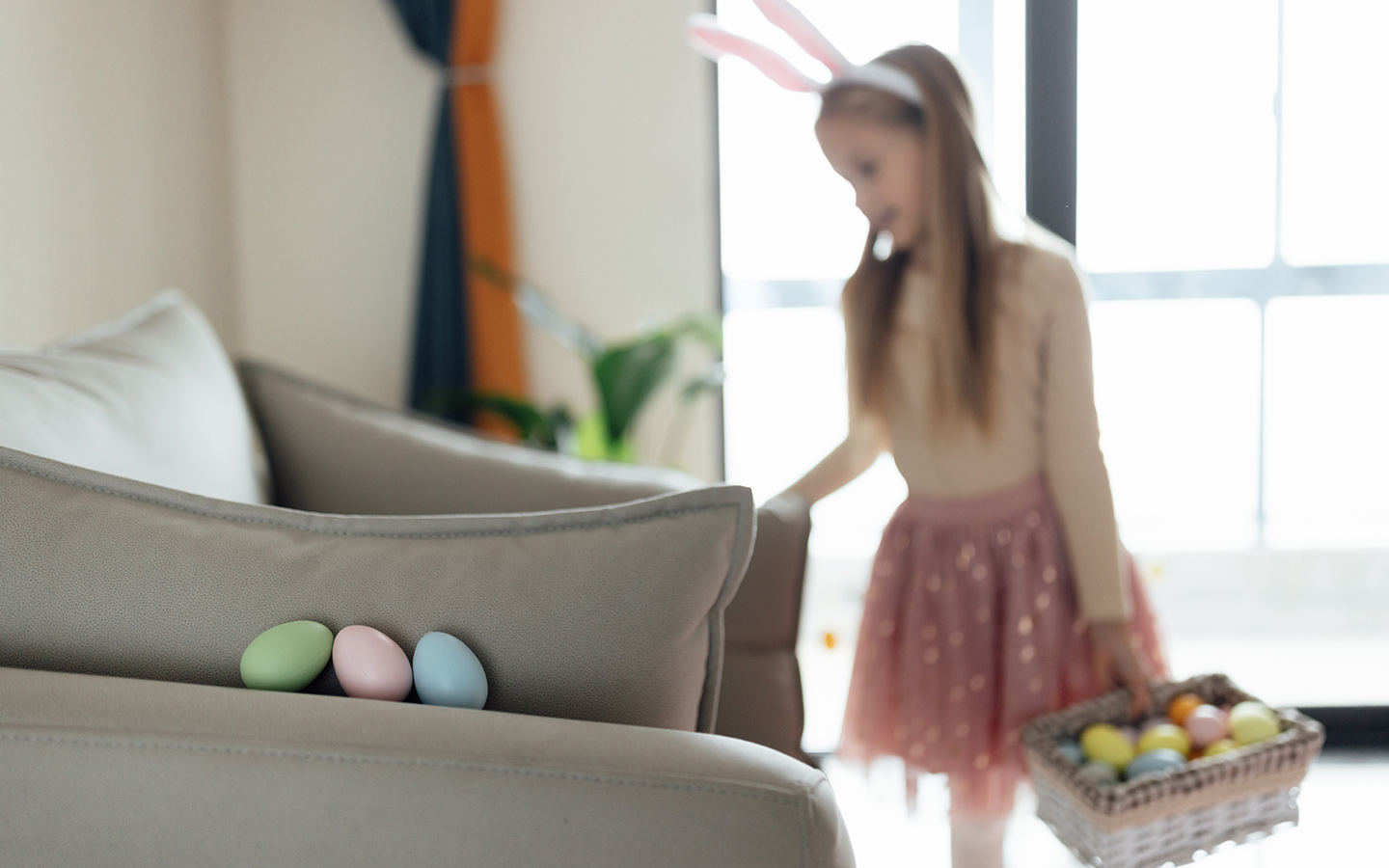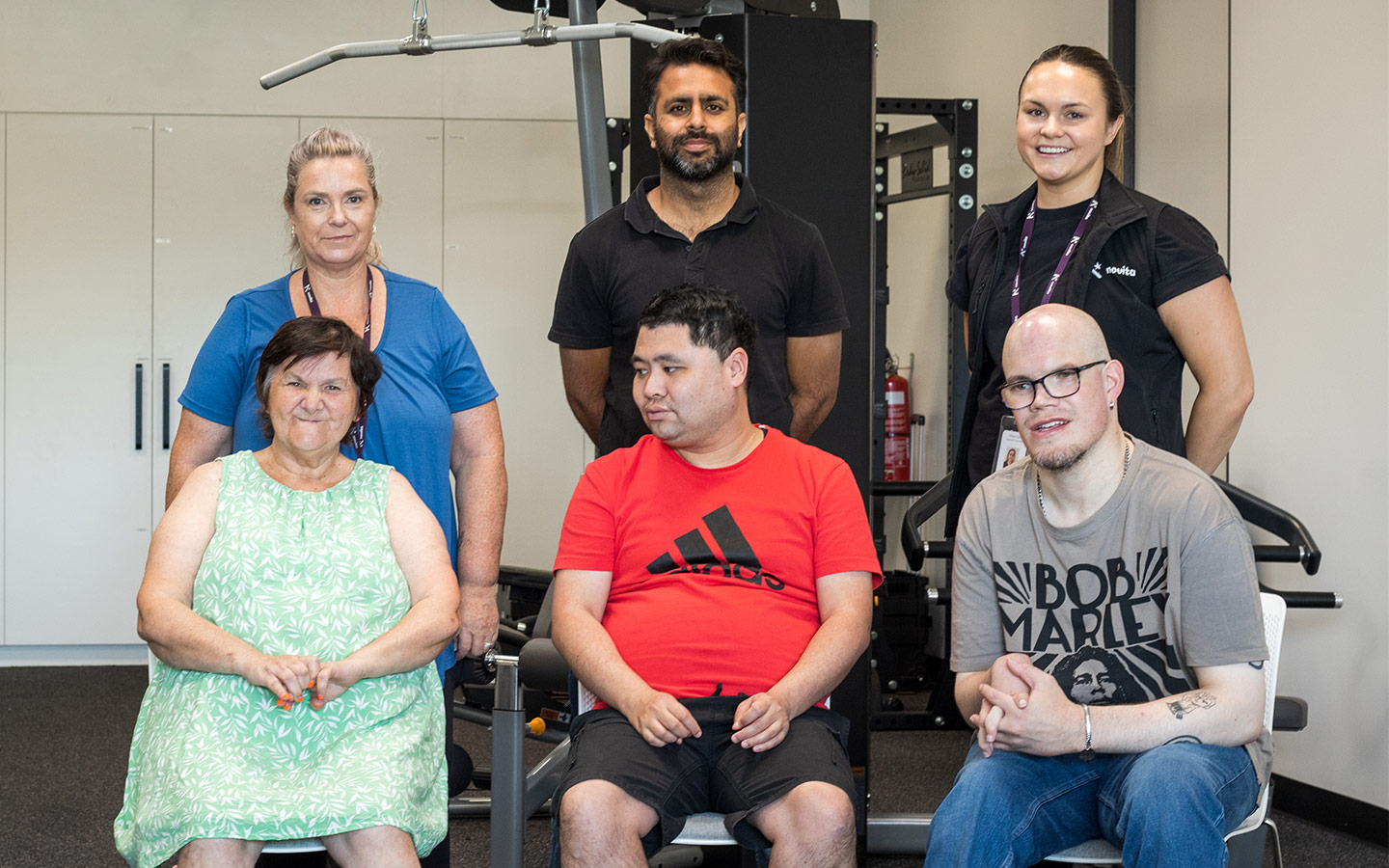Helpful Information
ASD: Motor skills, exercise and physiotherapy
access_time10min read

Exercise and an active lifestyle are important for all children to support their general wellbeing.
Kids living with Autism Spectrum Disorder (ASD) sometimes need support to get the exercise they need, because they can be less physically active than other kids their age. While children with ASD mostly have challenges with their social communication skills and sensory behaviours, they may also have motor skill difficulties, poor motor planning and/or poor coordination. Social, sensory and motor skills can all contribute to a child being less active.
There is a risk that children living with ASD may continue to get less active as they get older, and consequently miss out on valuable opportunities for social interaction, like playing sport with their mates.
Novita’s Knowledge and Innovation team recently looked into the benefits of exercise and physiotherapy for kids living with ASD. They found kids living with ASD can benefit from taking part in exercise such as swimming, aquatic therapy and yoga, as well as targeted physiotherapy interventions.
Motor Skills
Some kids living with ASD have difficulty with their motor skills, and there is increasing awareness about the importance of interventions to help kids with their motor skill development.
Motor skills are any action that involves using muscles and there are two types, called fine motor skills and gross motor skills.
If your child has trouble with small actions like holding a pencil, colouring in or using scissors or gets tired typing on a keyboard or using a computer mouse, they might be struggling with their fine motor skills.
If your child has trouble with bigger actions that use their arms, legs or entire body, like crawling, walking, running or jumping, they might be struggling with their gross motor skills.
The factors contributing to difficulties with motor skills for a child with ASD might be:
- a delay in the development of their movement skills
- poor coordination – they might seem clumsy, find it hard to coordinate both sides of their body to do things like catch a ball, or find it hard to do things where they have to use their hands to grasp onto something.
- deficient postural control, which means they find it hard to hold themselves upright, or might lose their balance easily
- impaired imitation skills – imitation is when a child copies the people around them and for young children it is an important part of how they learn, for example, copying their parent clap their hands
- generalised dyspraxia – this is when kids find it hard to plan and coordinate how to move their body.
Motor Skill Assessments
There’s still a lot to learn about the pattern of motor skills development in babies, toddlers and young children living with ASD. A Novita physiotherapist can assess your child’s motor skills to identify their strengths and any difficulties they may have with their movement skills.
Exercise and physiotherapy
There is a growing body of literature that looks at the role of exercise and physiotherapy for kids living with ASD.
Research has shown that exercise is important for children living with ASD to not only improve their physical health, but to also, importantly, improve their sensory and repetitive behaviours. In particular, aerobic exercise, yoga and dance have been shown to have positive effects on all of these areas.
Physiotherapy intervention through motor learning approaches can be used to help kids with motor skills difficulties. A motor learning approach involves a child learning motor skills using a structured “learning-by-doing” approach.
It is a good idea for kids living with ASD to get early access to physiotherapy through an early intervention program, so all aspects of their development are addressed.
Novita Groups CoreSports, Fit and Fun and Super Stars also offer children with ASD opportunities to improve their motor skills, social communication, physical activity and fitness. An initial assessment is recommended to determine which group is best suited to your child.


